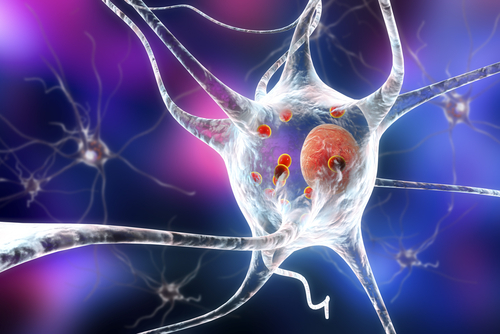Excess calcium in the brain may up Parkinson's risk
IANS Feb 20, 2018
While calcium helps to build and protect your bones, excess levels of the mineral in brain cells may lead to the formation of toxic clusters that are the hallmark of Parkinson's disease, finds a study.

Parkinson's disease is a neurodegenerative disease that is caused when naturally occurring proteins fold into the wrong shape and stick together with other proteins in the brain, eventually forming thin filament-like structures called amyloid fibrils. These amyloid deposits of aggregated alpha-synuclein, also known as Lewy bodies, are the sign of Parkinson's disease.
The study found that calcium can mediate the interaction between small membranous structures inside nerve endings -- important for neuronal signalling in the brain, and alpha-synuclein -- the protein associated with Parkinson's disease. Excess levels of either calcium or alpha-synuclein may be what starts the chain reaction that leads to the death of brain cells. "This is the first time we've seen that calcium influences the way alpha-synuclein interacts with synaptic vesicles," said lead author Janin Lautenschlager from University of Cambridge.
"We think that alpha-synuclein is almost like a calcium sensor. In the presence of calcium, it changes its structure and how it interacts with its environment, which is likely very important for its normal function," Lautenschlager added. In the study, the team isolated synaptic vesicles -- part of the nerve cells that store the neurotransmitters which send signals from one nerve cell to another.
The findings, published in the journal Nature Communications, showed that in neurons calcium plays a role in the release of neurotransmitters. They also found a fine balance between calcium and alpha-synuclein in the cell. When there is too much of one or the other, the balance is tipped and aggregation begins, leading to Parkinson's disease Understanding the role of alpha-synuclein may aid in the development of new treatments for Parkinson's disease, while research also suggested that drugs developed to block calcium, for use in heart disease might also have potential against Parkinson's disease.
-
Exclusive Write-ups & Webinars by KOLs
-
Daily Quiz by specialty
-
Paid Market Research Surveys
-
Case discussions, News & Journals' summaries